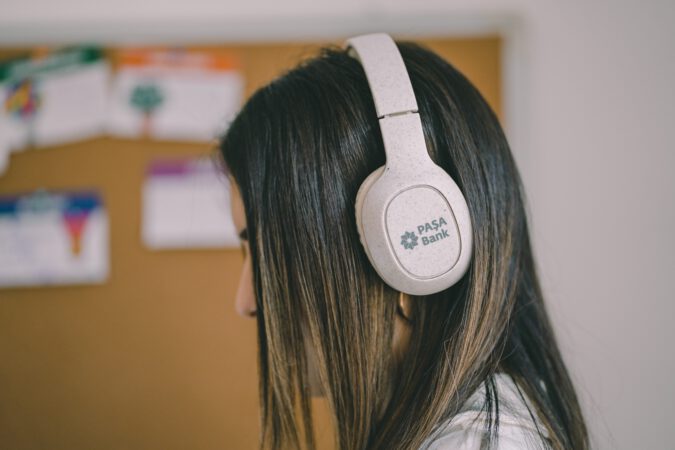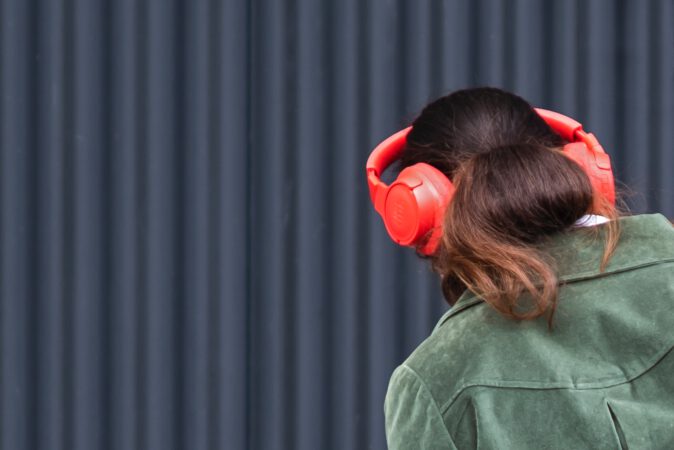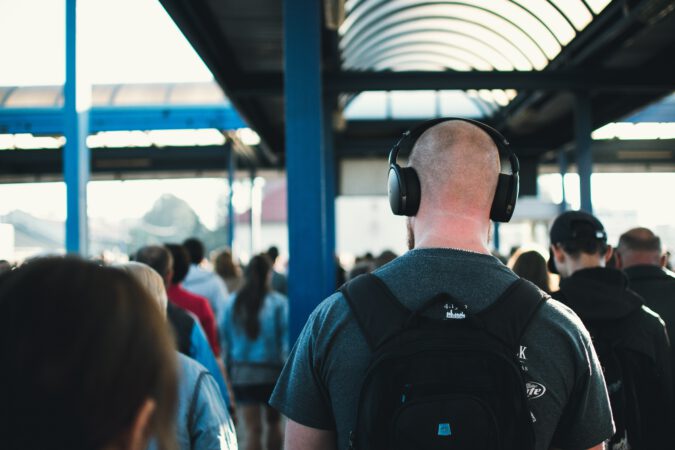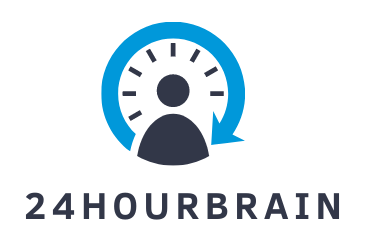It is difficult to concentrate while listening to a podcast.
You must make an effort to ensure that what the podcast wants to tell us actually reaches our brains. Continue reading to learn what skills are required and how to practice good listening.
To be able to follow a podcast with concentration, you must avoid all distractions, mentally prepare yourself, and ensure that the sound and volume are adequate.
Of course, whether I listen to a podcast for entertainment or to truly absorb knowledge and know-how makes a difference. The goal here is to concentrate on what you hear and retain it in your memory.
Because the ear is the first fully developed sense organ, it is often claimed that listening is quasi-innate. This is correct, but hearing is not the same as listening, and seeing is not the same as reading. You must practice listening.
Consider the following situations in which you want or need to listen carefully: An expert explains how a machine works; the boss explains the new company goals; and you listen to the weather forecast on the radio.
Imagine these scenarios as vividly as possible, and consider what you would do in each and how different they are. What must you do and bring to the table in order to listen effectively and with focus in these situations? If you pay attention to different listening situations, you’ll quickly see that there are many different ways to listen, even to a podcast.

Why Is It So Difficult to Concentrate on a Podcast?
Listening is a complicated process that involves several steps. Listening necessitates the listener’s desire to learn something in the first place. If a person does not want to know anything, they will not (can not) make an effort to listen intently.
Listening necessitates actively directing your attention to a topic, having questions about that topic, being curious about it, or simply realizing that it can be interesting to investigate.
Listening more intently indicates that you are taking in what is being communicated. Communication typically occurs over multiple channels and with numerous signals: you can hear what someone is saying and the tone of their voice.
Messages are also sent to the listener because you learn something about how the speaker feels, thinks, or reacts.
To learn something, you must first be able to understand the words. If the listener gets the impression that he can’t understand what’s being said because of all the foreign words and technical terms, he’ll tune out. Nothing you do will help. It can have a similar effect if the speaker speaks too simply, uses dialect, or speaks too quickly or slowly.
The same is true if the podcast’s sound quality or volume is inadequate. After a while, you switch off and stop listening with concentration, losing focus.
Distractions in the immediate area also make it harder to listen to a podcast and understand what it is about.
What Is Heard Is Not Saved on Its Own
Although sound waves always reach the ear, information is not automatically absorbed. Working memory, or the (sadly, very limited) storage unit of the brain in which the current important information is kept ready, must be actively populated.
What is heard does not fall into it, or only occasionally. However, if the listener does not even take in what has been said at this point, comprehension suffers. The listener has lost contact with the speaker.
The listener then constructs a coherent meaning from what they have heard: What does it all mean? You might be able to understand every word. It’s another thing to wonder if you’ve grasped the meaning. In this situation, it’s important to have enough knowledge from the past to fall back on.
After all, as a listener, you must also store what you have heard in your long-term memory. You don’t want to know something just once; you want to know it tomorrow. As a listener, you must save the information so that you can find it later.
Listening thus entails looking for information, absorbing information, comprehending information, and storing information. Each individual step must be successful in order to achieve good listening in the end.
How to Improve Your Listening Skills
Listening, like reading, is a skill that must be learned and practiced. Yes, most people can read in some capacity. Regardless of how much you read, how frequently you read, or what and with what intent you read, it makes a difference in your reading skills. This also applies to listening.
You Can Practice Listening to Podcasts by Paying Attention to the Following:
Seek information: In order for listening to take place, the listener or listeners must first define why they are listening. Listening works better and lasts longer when you concentrate on the listening event or speaker and block out external distractions.
You’ll quickly realize that this is exhausting and requires a lot of energy, and that you can’t keep doing it indefinitely. A good listener, on the other hand, can cultivate an interest in the subject and the speaker, tune in to the subject and the speaker, and control distracting thoughts and motives.
In this situation, it’s important that you, the listener, resist the urge to judge what you hear right away.
Working memory capacity is limited, as is the amount of information a person can retain at one time. However, by employing tricks, you can increase your working memory.

For example, it is beneficial to prepare and pre-structure the listening situation, thinking ahead about what you already know, what you want to know, and where the difficulties in understanding may lie. You will retain more information from a podcast prepared in this manner.
Listeners rely on their ability to quickly process what they hear.Otherwise, they may draw hasty and incorrect conclusions. A listener who pays attention to all information, including tone of voice, has a clear advantage in this situation.
For a long time, you may believe you have understood everything, until it becomes clear that you were completely wrong. The sooner you realize this, the fewer misunderstandings you will have.
It is especially important to avoid giving ratings and making snap decisions.
Ratings color everything you hear, and you don’t absorb the information the podcast’s speakers are attempting to communicate, instead sticking with what you’ve always thought and known.
Storing Information: Spoken language is transient, which means that once the speaker has said what they wanted to say, it is no longer accessible. You must actively anchor what you hear in long-term memory in order to be able to refer back to it.

You can accomplish this by listening to the parts of the podcast that you missed. You can also pause the podcast to reflect on what you’ve heard.
Listen with Your Ears Wide Open
Listening, even to a podcast, is a demanding and energy-intensive activity. It is, in other words, exhausting and prone to failure. This is due to the fact that listening is a complex, composite process requiring many elements to mesh together. It necessitates that the listener focus on the speaker’s pace and mental world. If you want to do it well, you must learn and practice listening in small steps.


